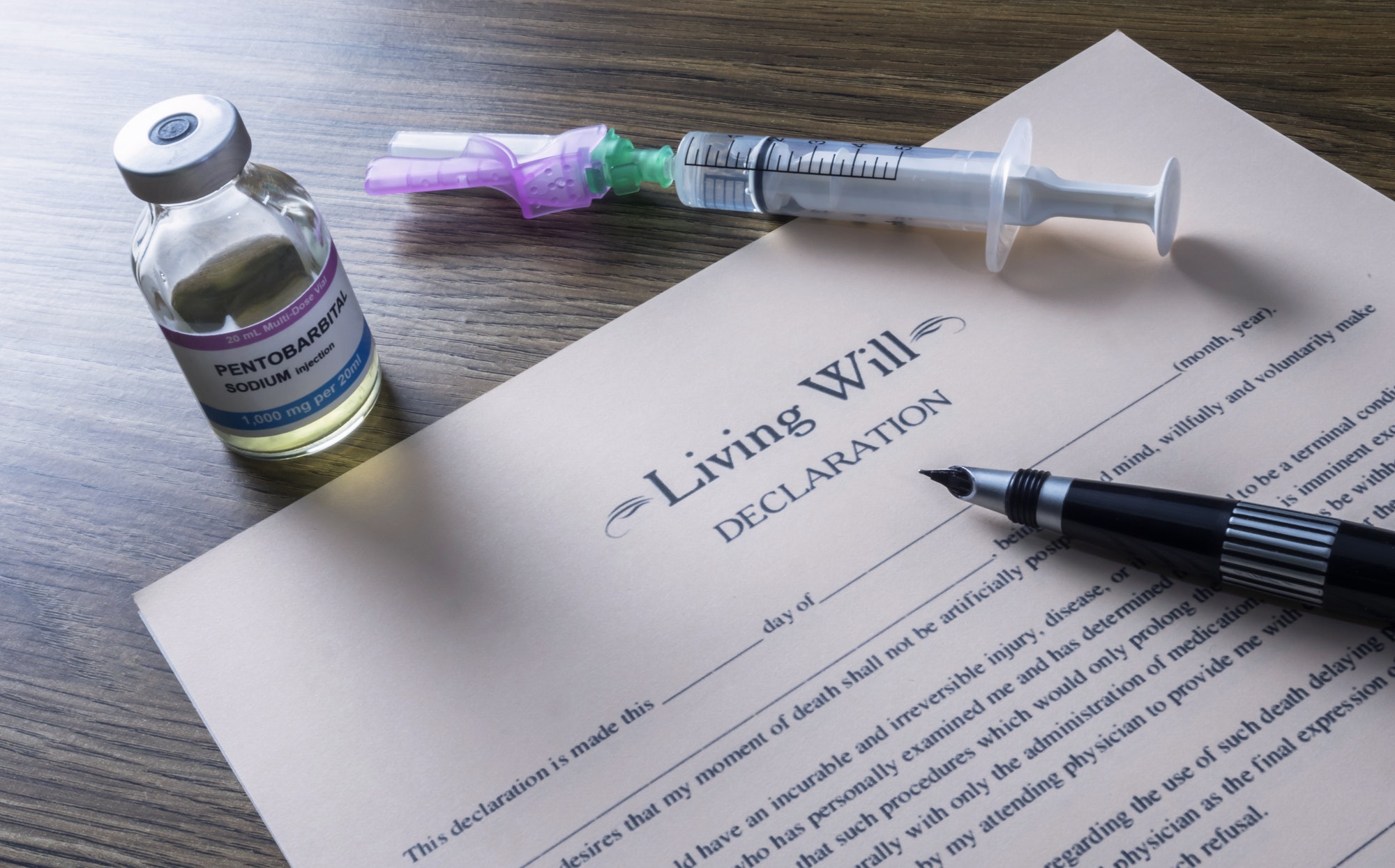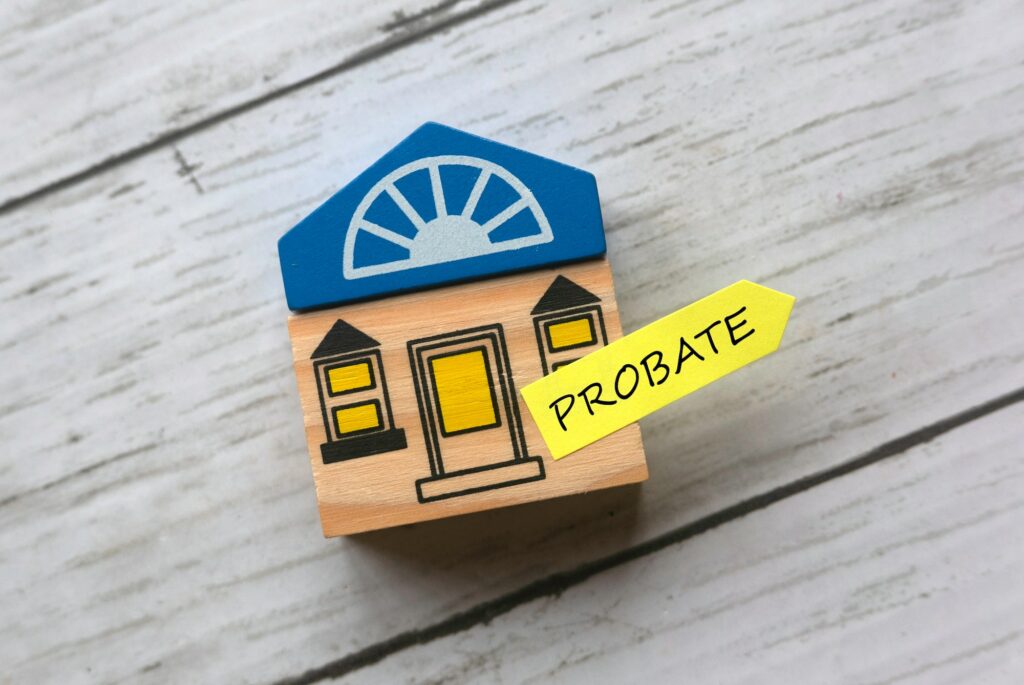Typically, people have pretty strong feelings about what they’d like to have happen in the event they become incapcitated, terminally ill or otherwise unable to care for themselves. However, less than 50 percent of adults in the United States have done any type of estate planning. Having a power of attorney in place ensures your wishes can be carried out should you find yourself unable to make those decisions.
Establishing a power of attorney designates someone to have the legal authority to make these decisions for you if you cannot. Additionally, you can choose different people to make different decisions. This can be especially helpful in differentiating between, say, medical and financial actions that need to be taken. You can also give you power of attorney all-encompassing power or limit them to specific details they can handle. It’s all up to you.
What are Powers of Attorney?
A power of attorney (POA) allows one or more persons to legally act on your behalf as an “agent”. These powers may be limited to very specific actions or they can be general and sweeping. It could be temporary or permanent, and may take effect right away or be delayed until a specific event such as mental or physical disability occurs.
Who Should Be Your Agent?
It’s standard to choose a spouse or child/children as your agent. If you choose more than one person, be aware that it’s much easier for conflict to arise in the form of disagreements on actions and absences when prompt decisions need to be made. You can designate that majority rules if issues arise, in order to avoid problems as much as possible. Naming a successor/s to the agent/s is also important, just in case your first choice is unable to act when necessary.
When it comes to qualifications for an agent, there are not any specific rules aside from no minors and they must not be incapacitated in any way. Overall, the best option is a person you trust to make the right decisions for you, specifically. Someone who will always carry your best interests at heart.
What Kinds of Powers Should My Agent Have?
When determining the overall powers you’d like for your POA, you can be super specific, quite broad or somewhere in between. If you’d like them to be able to do everything you financially do, you can simply state that they have that power. One the other side of the coin, you can set strict limits on the agent’s powers by specifying they only have access to one account to pay bills or only have the ability to sign one contract for you.
Contact a Knowledgeable Powers of Attorney Law Firm
If you’re ready to get the ball rolling on establishing your powers of attorney and other estate planning, get in touch with Severin Law Firm today. We’ll guide you through every step of the estate planning process to ensure you’re well taken care of and all your wishes are met.








